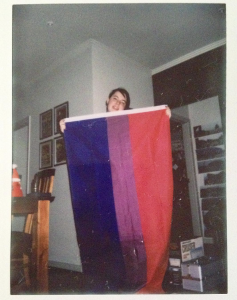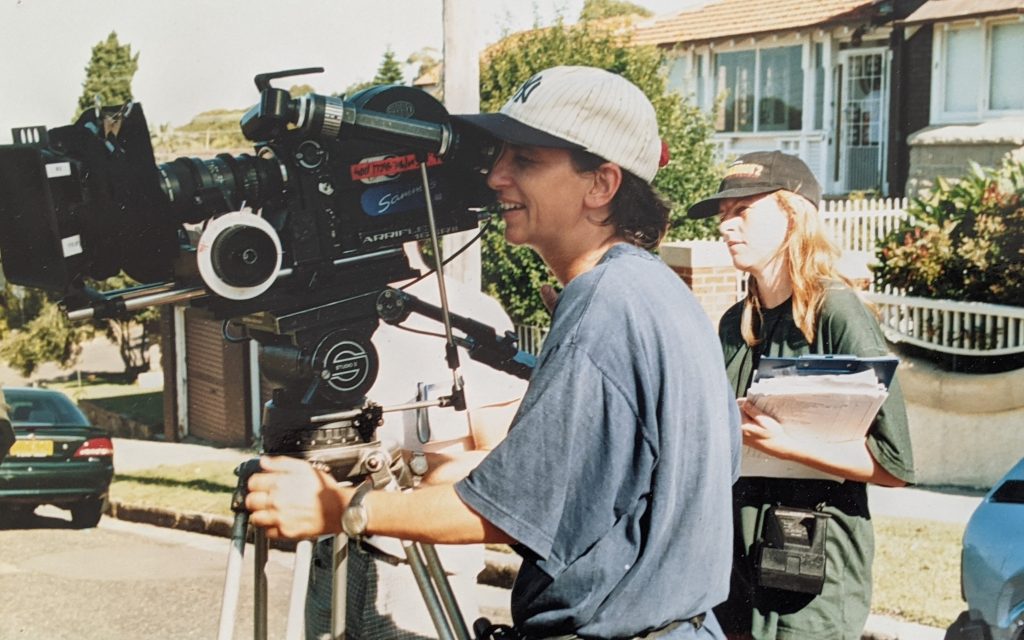Paid maternity leave at childcare’s expense?
By KIRILEE DAGG
CANBERRA childcare services may suffer under the Opposition’s planned six month maternity leave scheme, according to the director of the Australian Institute of Sport childcare centre.
The scheme, which will be funded by a 1.7 per cent levy on businesses with a taxable income of more than $5 million dollars, will allow new mothers to retain full pay without the threat of losing their job.
However, while it may be appealing to families, there are fears the scheme may cause smaller childcare providers to lose income in the long term.
Lisa Syrette, the director of The Caretaker’s Cottage Childcare Centre at the AIS, says that even though the proposal will give parents more options when raising a family, the Opposition needs to consider the impact it will have on small childcare services.
“I think it could actually harm some of those smaller services that rely on the income that they get from families with children under six months of age,” she said.
“So whilst in the short term we might see some alleviation in the pressure for families, in terms of services, I think it could have a negative impact.”
The Interim Director of the ACT Liberals, David Gazard disagrees, saying that due to the high demand for childcare services, most care providers would welcome the change.
“It’s an industry that, you know, can’t keep up with demand at the moment, so it’s hard to find a childcare space, and this will alleviate that pressure,” he said.
A 2007 Australian Bureau of Statistics study found that only 45 per cent of all female employees are entitled to paid maternity leave, meaning most new mothers have to return to work up to seven weeks after giving birth.
The study also found that 32 per cent of children younger than one year attend out of home care, signalling that a change in maternity leave laws would have a significant impact on the industry.
However, while the scheme may adversely affect some areas of the childcare sector, it will have a positive impact on breastfeeding trends and the overall wellbeing of children less than six months of age.
The World Health Organisation recommends that babies are breastfed for at least six months after birth however most Australian mothers do not reach this goal due to work commitments during the early stages of their child’s life. Ms. Syrette agrees, saying that parents will jump at the chance to care for their children during this crucial period of time.
“I certainly think that it could be a vote winner for families who struggle with the cost of care and struggle with the decision to return to work,” she said.




Be the first to comment!